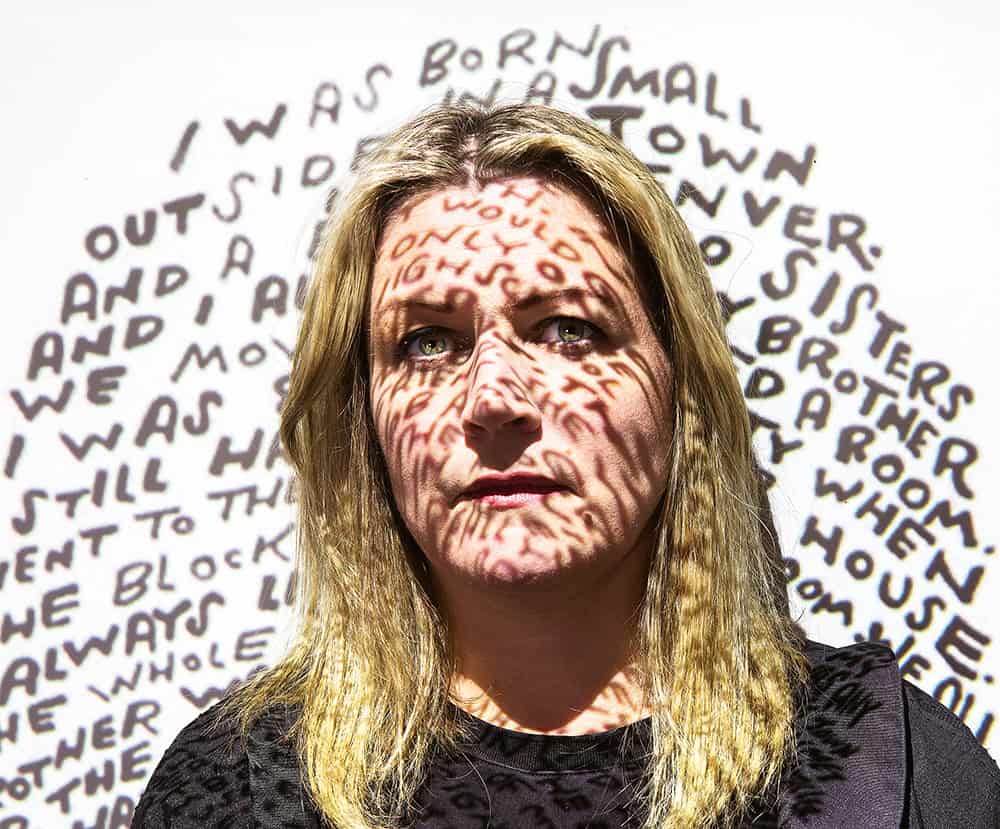The criticism of the current Ethical Review Act and its enforcement and the problems it has created have primarily concerned research on sensitive personal data and crime.
According to the proposal from a committee of inquiry appointed the government last year, these areas will to a large extent be exempted from assessment by the Ethical Review Authority.
“This will change things a lot, and to a great extent for the better,” says Stefan Eriksson, who is an executive member of the expert group for ethical issues at the Association of Swedish Higher Education Institutions, SUHF, as well as adviser to the vice-chancellor on good research practice at Uppsala University. “On the whole, we welcome the proposals.”

Stefan Eriksson
Member of the expert group for ethical issues, SUHF
The exemptions from ethical review will apply if the research subject is over 18 years of age and has given their informed consent, or if their information has been made generally available or can be found in public documents and is not subject to confidentiality.
However, this is on condition that any risk to the person’s health, safety or integrity is negligible. Otherwise, the Ethical Review Authority’s approval will still be required.
Great responsibility at higher education institutions
In practice, this means that a lot of research within the social sciences and humanities that is conducted through interviews and surveys will not need ethical approval, and nor will research on data contained in books, the media, parliamentary publications or court judgements. Instead, the entity responsible for the research – the university, the research institute, the regional authority – must ensure that the data is processed ethically and correctly.
The committee believes that this will result in less bureaucracy and shorter research processes. In some cases a head of department’s approval to research sensitive personal data will be sufficient, while in others the decision of an internal ethics committee will be required. This arrangement also brings the ethics discussion closer to the research activities, with all their particularities.
The increased responsibility for the entities responsible for research comes with requirements regarding internal guidelines and training in order to protect research subjects and improve research ethics competence. In order to give the entities responsible for research time to prepare their organisations for this new responsibility, the committee has proposed that the new law come into force on 1 January 2026.
Supervisory bodies must provide more guidance
Due to the current legal requirement that the Ethics Review Appeals Board (ÖNEP) must report the slightest suspicion of a violation of the Ethical Review Act, supervision has become repressive. This is not the purpose of supervision, the committee states.
The committee wants to exempt research on personal data and violations of the law from criminal liability and ÖNEP’s supervision entirely. Higher education institutions already have a responsibility to investigate deviations from good research practice and to report serious cases to the National Board for Assessment of Research Misconduct (NPOF).
On the other hand, the committee wants ÖNEP to be able to state in ethical review decisions whether an entity responsible for research has acted in breach of ethical review legislation. The decision could be of a purely advisory nature or could contain criticism of the entity responsible for the research or a researcher. In terms of their nature and content, the review decisions would therefore be comparable with the decisions of the Parliamentary Ombudsman.
“As we see it,” says Ulrik von Essen, the leader of the inquiry and a Supreme Administrative Court Justice, “the criticism should not be directed at individual researchers or entities responsible for research who have made a serious assessment, but where ÖNEP perhaps thinks differently. Criticism should be reserved for cases of obstruction of the legislation or disregard for the ethical aspects.”

Ulrik von Essen
Supreme Administrative Court Justice
Ther will still be criminal penalties for research that involves different breaches of people’s integrity, but the committee suggests that ÖNEP should only recommend prosecution when it believes there are serious violations. In the case of less serious violations, ÖNEP should instead be able to issue criticism. ÖNEP has itself requested such a solution.
Stefan Eriksson, on the other hand, thinks it is problematic that it will not be possible to appeal against ethical review decisions containing criticism from ÖNEP. Criticism of a researcher can be very impactful, as it can mean that journals and funders need to be informed and the researcher’s reputation is damaged.
New solutions – old problems
The new and fairly open responsibility of the entities responsible for research risks creating different ethical practices around the country, says Eriksson. When ethical review was centralised from eight regional boards to the Ethical Review Authority in 2019, that was a measure designed to create more legal certainty and equal treatment of research ethics cases.
The new responsibility will also require a new bureaucratic apparatus and significant work by the entities responsible for research.
“Now, we at university level need to sit down and try to harmonise how we will work with this assignment. Perhaps SUHF will create guidelines and a model that can be adopted by the higher education institutions,” he says.
Research debaters who have felt that ethical review is an intrusion into their academic freedom will also continue to be reviewed – but now by their own university. Eriksson therefore believes that the debate about the ethical review system will continue even after these changes.
Some issues still unresolved
The sector has asked for other changes to the Ethical Review Act. However, in order to speed up implementation of the most important changes regarding personal data and supervision, the committee has not examined those issues in detail but has signalled that they should be investigated further.
The issues raised include matters linked to medical research, what is meant by research, the student exemption, the geographical scope of the law, research in emergency situations without ethical approval and whether it should be possible to be granted approval retroactively.
The committee proposes that ethical approval from the Ethical Review Authority should also be applied for in cases where the research is exempted in the legislation. Eriksson would like to see an even greater expansion so that the authority’s approval can be sought for all types of research, even that which is not done on people. “For example, it could be about whether to develop viruses that are dangerous if they spread,” he says.
Proposal on research databases
Last week, the government also presented a bill that will allow higher education institutions to maintain long-term research databases with personal data without applying for ethical review approval. The databases must be of significant scientific value and be designed to provide data for different research projects. The collection of personal data must occur with the voluntary participation of the data subjects.
The committee’s proposed new legislation
Research ethics criteria that must apply to all research on people according to the proposal for new research ethics legislation:
Chapter 3
- Research may only be conducted if it can be conducted with respect for human dignity.
- Human rights and fundamental freedoms must always be taken into account in research, while consideration must also be given to the value of new knowledge being developed through research. People’s welfare must be prioritised over the needs of society and science.
- Research may only be conducted if the risks it may entail for people’s health, safety and personal integrity are outweighed by its scientific value.
- Research may not be conducted if the expected result could be achieved in an alternative way that involves less risk to people’s health, safety and personal integrity.
- Research may only be conducted by or under the supervision of a researcher who has the requisite scientific competence.

















